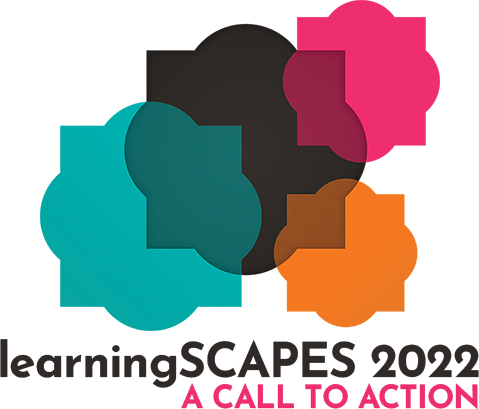 | 1 LU |
 | 1 LU |
Schools play a critical role in preparing students to be productive global citizens and capable members of the modern workforce for the Fourth Industrial Revolution. The World Economic Forum characterizes high-quality learning models for the Fourth Industrial Revolution as “Education 4.0”. This framework, established before the pandemic, must now exist in a disruptive world of social, economic and political instability where 19th and 20th century ideologies are crumbling. In this conversation, we will examine pioneering schools that embrace the critical characteristics of Education 4.0 and are mobilizing the masses to shift education. Specifically, this session will explore, and analyze with the audience, pioneering schools that challenge traditional education through: Innovative pedagogies Global citizenship Personalization Accessibility and Inclusion Technology and Data We will then consider these schools through the lens of disruption: Supply chain and manpower breakdown Funding limitations Mental health, trauma and apathy Global political consequences Social injustices Our audience will be engaged to answer provocative questions about how characteristics of Education 4.0 will adapt, evolve, and emerge through this once-in-a-generation opportunity of revaluation during our “Everyone is a Genius” activity.
Learning Objectives:

Nandita is a Senior Associate and Educational Market Specialist at TMP Architecture focuses on educational planning, design, and project management of K-12 educational facilities. She currently holds leadership roles on major school improvement projects. Nandita is a thought leader in the field of K-12 educational facility planning and a certified educational planner with the Association for Learning Environments, of which she is the Michigan Chapter President. Nandita is also actively involved with the AIA Committee on Architecture for Education. Nandita holds degrees in both Architecture and Interior Design. Her work is further supported by her background in teaching epitomizing her passion for the creation of learning environments that support the whole child. Nandita also has a strong technical background and understands how a solid infrastructure in a school is vital to its overall success.

Since joining the firm over 17 years ago, Laura has led the interior design efforts on many significant projects for K-12 and college / university clients. Laura graduated with honors from Michigan State University in 2006 and completed a Master of Business Administration from Oakland University in 2015. She is a LEED Accredited Professional and is qualified with the National Council for Interior Design. Laura’s interior design work includes over 525 projects for K-12, university, and private owners and has resulted in functional, flexible, and vibrant environments for all age groups. Her experience is impressive, her passion is contagious, and she brings great energy and enthusiasm to every project she is involved with!

What are the emerging trends in society, education, and/or school planning, design, construction, supply, and operation that should be informing our conversation today?
Primary Core Competency
Educational Visioning: Exhibits an understanding of best and next practices related to educationalleadership, programming, teaching, learning, planning and facility design. Establishes credibility with educators, community members and design professionals while conceiving and leading a community-based visioning process. Demonstrates the ability to articulate the impact of learning environments on teaching and learning and uses that ability to facilitate a dialogue that uncovers the unique needs and long-range goals of an educational institution and its stakeholders – translating that into an actionable written/graphic program of requirements for the design practitioner.